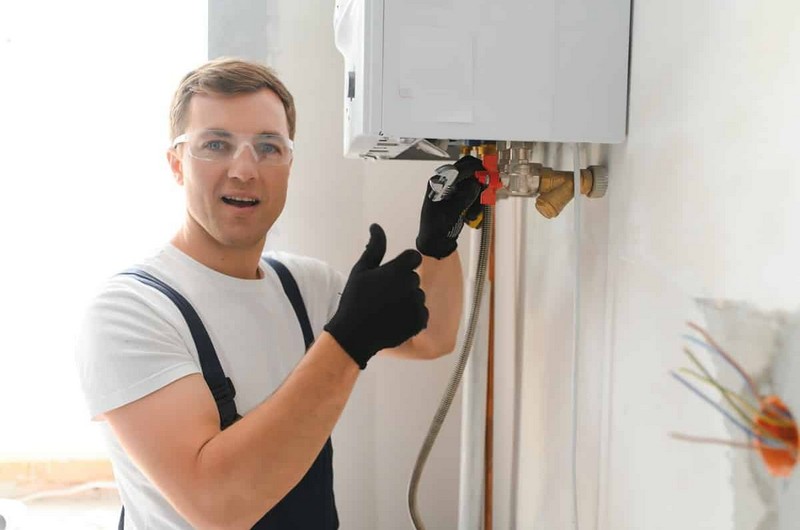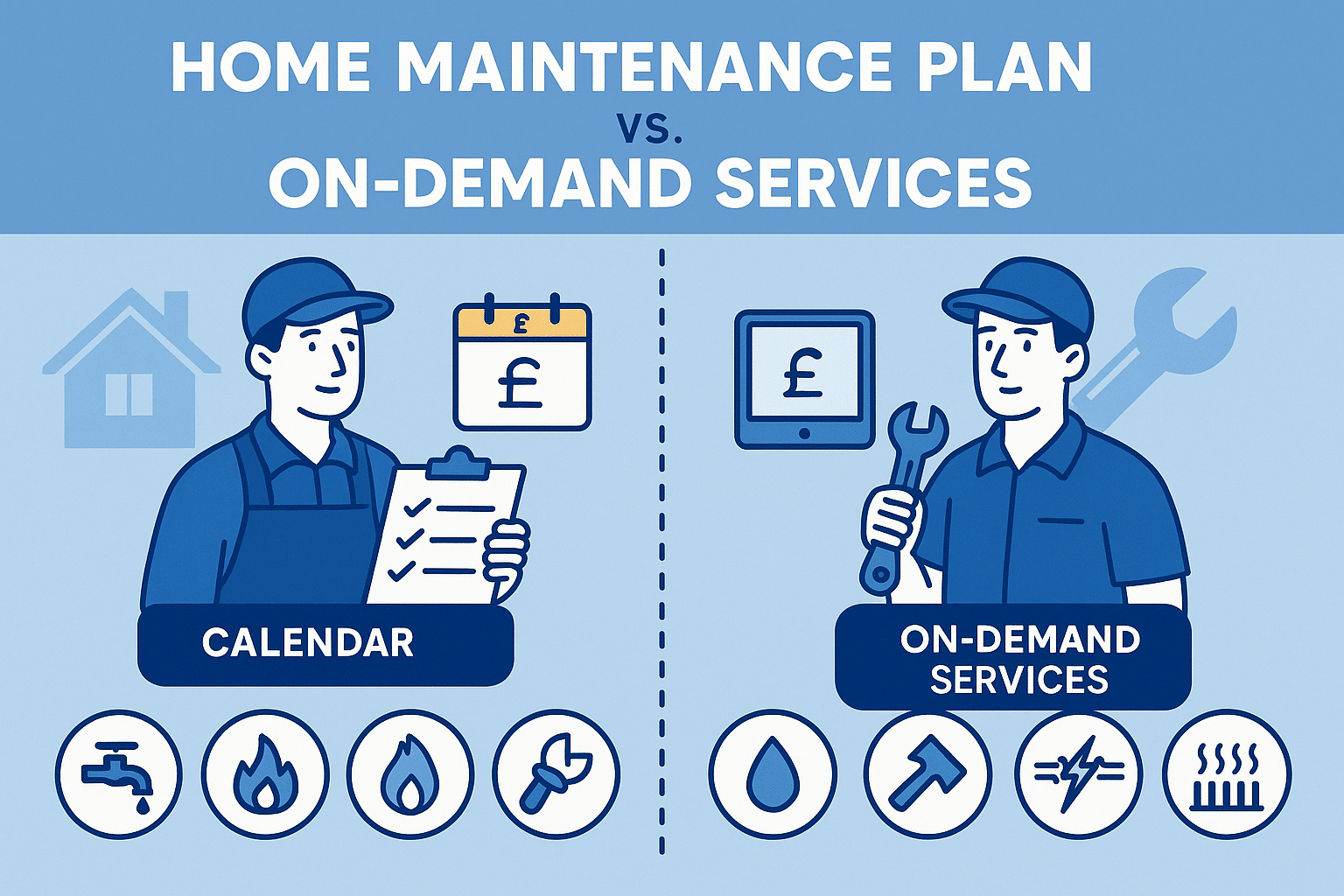 Plumbers Tips for long lasting Pipe and Boiler Maintenance
Plumbers Tips for long lasting Pipe and Boiler Maintenance

boiler maintenance
Keeping your boiler and piping system fighting fit is difficult at the best of times, especially when the colder winter months begin. Unfortunately, proper boiler maintenance is something we usually forget about, often until it’s too late.
Physical damage, chemicals, and weathering can all wreak havoc on your piping system, so making sure you know how to keep it healthy and safe is vital.
Here are my top tips for proper boiler and pipe maintenance and what to do when things go wrong.
Prevention is better than a cure
When it comes to boiler and pipe maintenance, preventing a complication is always better than being hit with a surprise bill.
Cold temperatures cause water in the pipes to freeze and the surrounding metal to contract and expand, creating severe damage. To stop pipes freezing, keep the heating on constantly, just high enough to ward off any frost. For a further cost-effective solution, you can put specialist thermal sleeves on them to keep the surface of the pipe warm.
Make sure your boiler is serviced every year and if it’s aging, consider a replacement with a higher efficiency rating to save money in the future.
Boiler maintenance
It’s always best to leave it to a professional when it comes to ongoing maintenance and checking any issues. However, there are things you can do to keep your central heating running smoothly.
At least once a year, try to bleed your radiators. Not only does this reduce the water pressure in your system, but it helps make your heating system more efficient by ridding it of trapped air, which is a poor conductor.
Like most things, your boiler will tell you when it’s on the brink of failure. The obvious signs and symptoms are odd noises and a noticeable drop in performance, but a more obscure sign is the colour of the pilot light in the boiler.
If its colour is more of a yellow or orange, or the plastic covering is covered in brown debris, this could indicate an internal problem, as a healthy boiler should have a blue flame.
Nurturing your pipes
Neglecting your pipes is just as bad as ignoring your boiler as they are prone to damage over time too, so looking after them is essential.
Weathering is a big problem with piping both inside and outside. In addition to things like thermal wraps to prevent freezing, consider running the taps every so often as actively running water is less likely to freeze solid.
Those in hard water areas should think about installing a water softener. Hard water causes nasty deposits of limescale and minerals to form, leading to blockages and breakages if they’re left for too long.
Having a high-grade water softener isn’t cheap, however, with burst pipes costing an average of £6,500 to repair, it’s a worthwhile investment to protect your finances.
Dealing with emergencies
Damage to water systems can be limited if you know what to do ahead of time and act fast.
For example, knowing where your master stopcock valve is and how to go about turning off the mains when a crisis arises is essential. Knowing and spotting the early signs of a leak could save you an average of £7,000 per household in potential damages.
When an emergency starts, knowing when to set aside personal ego and call a professional can make all the difference. They’ll have the know-how to prevent further damage and have access to specialist gear to effectively diagnose any problems.


